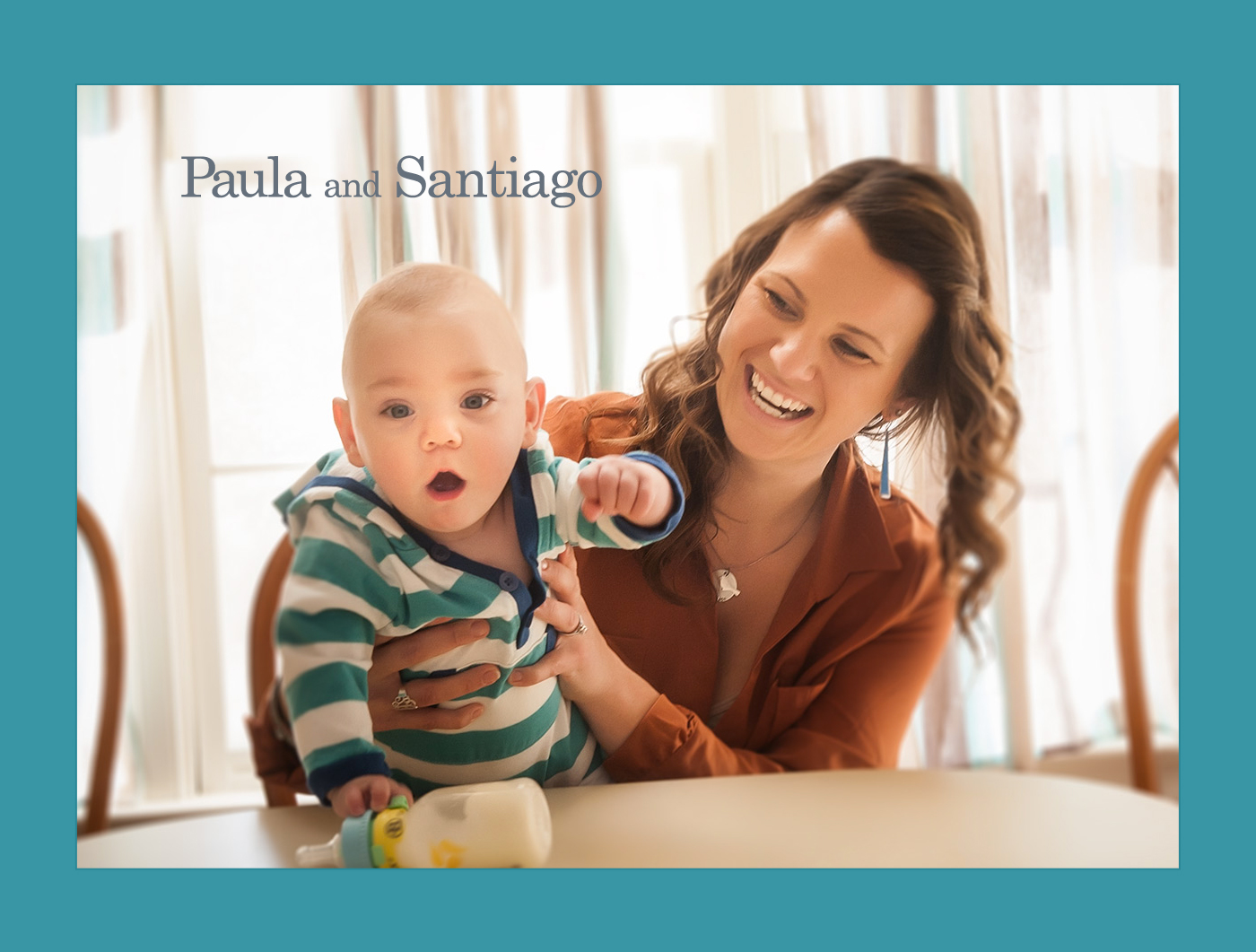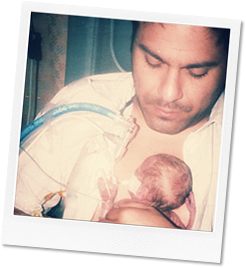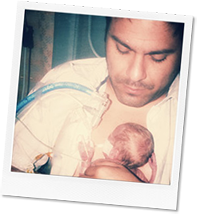“Everyone demonstrated excellent medical care and attention, but they were also passionate and compassionate.”
After more than a year of trying to conceive and finally achieving success through in vitro fertilization, first-time parents-to-be Paula and Ivan Belmonte delighted in the idea of adding a new member to their family. The pregnancy began smoothly, and the first four months proved uneventful.
“I felt great,” Belmonte said. “I had no symptoms. I just craved lemonade.”
Then at 23 weeks and five days, she started experiencing contractions. Self-described as “a pretty laid-back person,” Belmonte said she didn’t worry initially. But the next day she began bleeding. Belmonte was rushed to the VCU Medical Center labor and delivery floor and placed on bed rest.
Because she couldn’t move, the nurses took complete care of Belmonte. One in particular, Phyllis Pillow, R.N.C., B.S.N., bathed her and washed her hair. “She did so many sweet things,” Belmonte said. “That made a really big difference.”
Karen Hendricks-Munoz, M.D., M.P.H., vividly remembers meeting Belmonte and her husband because the introduction occurred on her first day of joining the Children’s Hospital of Richmond at VCU. The professor and chief of the Division of Neonatal Medicine and inaugural William Tate Graham Professor of Neonatal Medicine talked to the Belmontes about the situation and the intended course of action.
“My role was to explain what’s going on right now, what potentially could happen and answer any questions,” she said.
Their hope was to keep the baby in utero for as long as possible. The baby, however, had other plans. On March 13, 2012, at 9:13 p.m., Santiago Belmonte was born by emergency C-section. He weighed 1.5 pounds and measured 12.25 inches. The family immediately moved to a room in the Neonatal Intensive Care Unit (NICU) on the sixth floor of the Critical Care Hospital. In the NICU, Santiago continued his development despite dealing with feeding difficulties, pneumonia and other respiratory issues. Whatever his ups and downs, he always rallied.
“He’d come back from these events and he’d open his eyes and look at me like, ‘What happened?’ Hendricks-Munoz said. “He always remained very responsive and alert so I felt thoroughly positive about his ultimate neurological outcome.”
Because Santiago remained in the unit for several months, the nurses took steps to personalize the family’s room. Megan Holloway, R.N.C., B.S.N., made hand- and footprints of Santiago each week and hung them on the wall. By the end of the family’s stay, the wall was covered.
“Everyone demonstrated excellent medical care and attention, but they were also passionate and compassionate,” Belmonte said. “They just made you smile and that made the difference — they all truly cared.”
So much so that Belmonte began calling the nurses Santiago’s “NICU aunts.”
“They become your family,” she said. “Not just anyone can be Santiago’s aunt. They are a special club.”
On Aug. 26, after 161 days in the NICU, the Belmontes brought Santiago home. Two months later, Belmonte said, the NICU sometimes felt like a distant memory, and having Santiago home seemed completely natural. Today, as a 10-month-old (six months corrected), he is hitting all the expected milestones.
“It’s just awesome to see him now from where he’s been,” Belmonte said. “And he would not be here today if it wasn’t for the staff in the NICU.”





